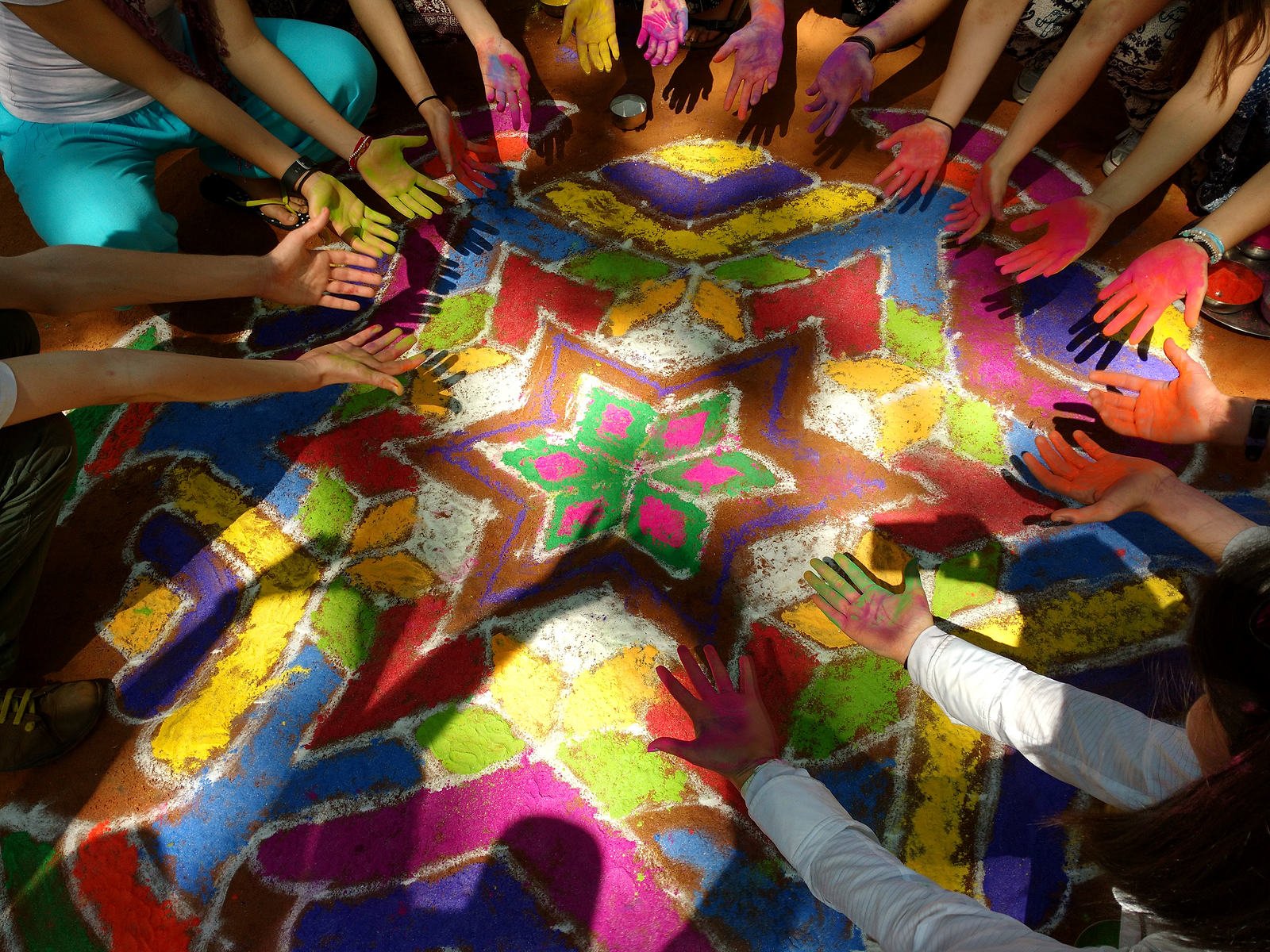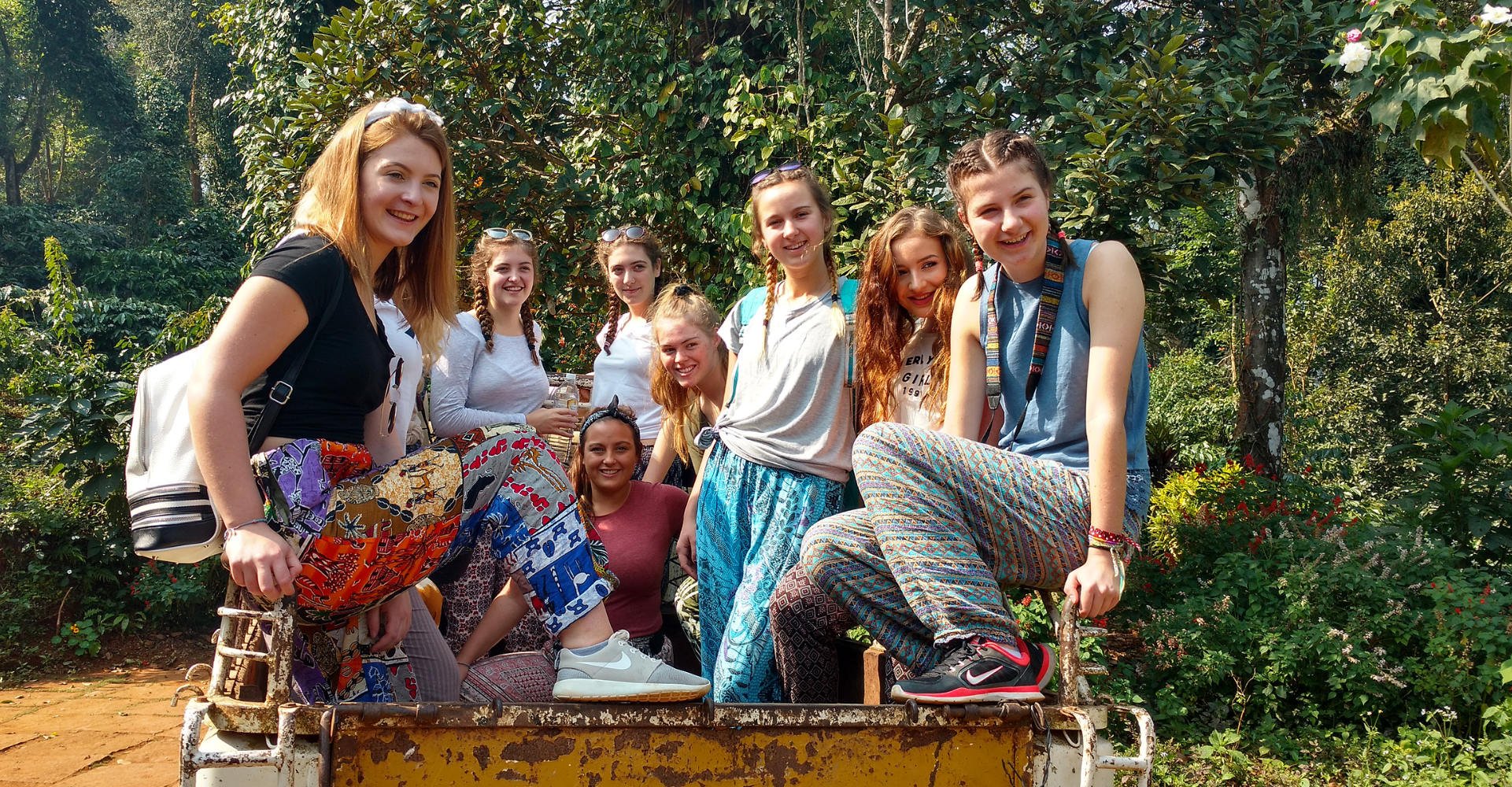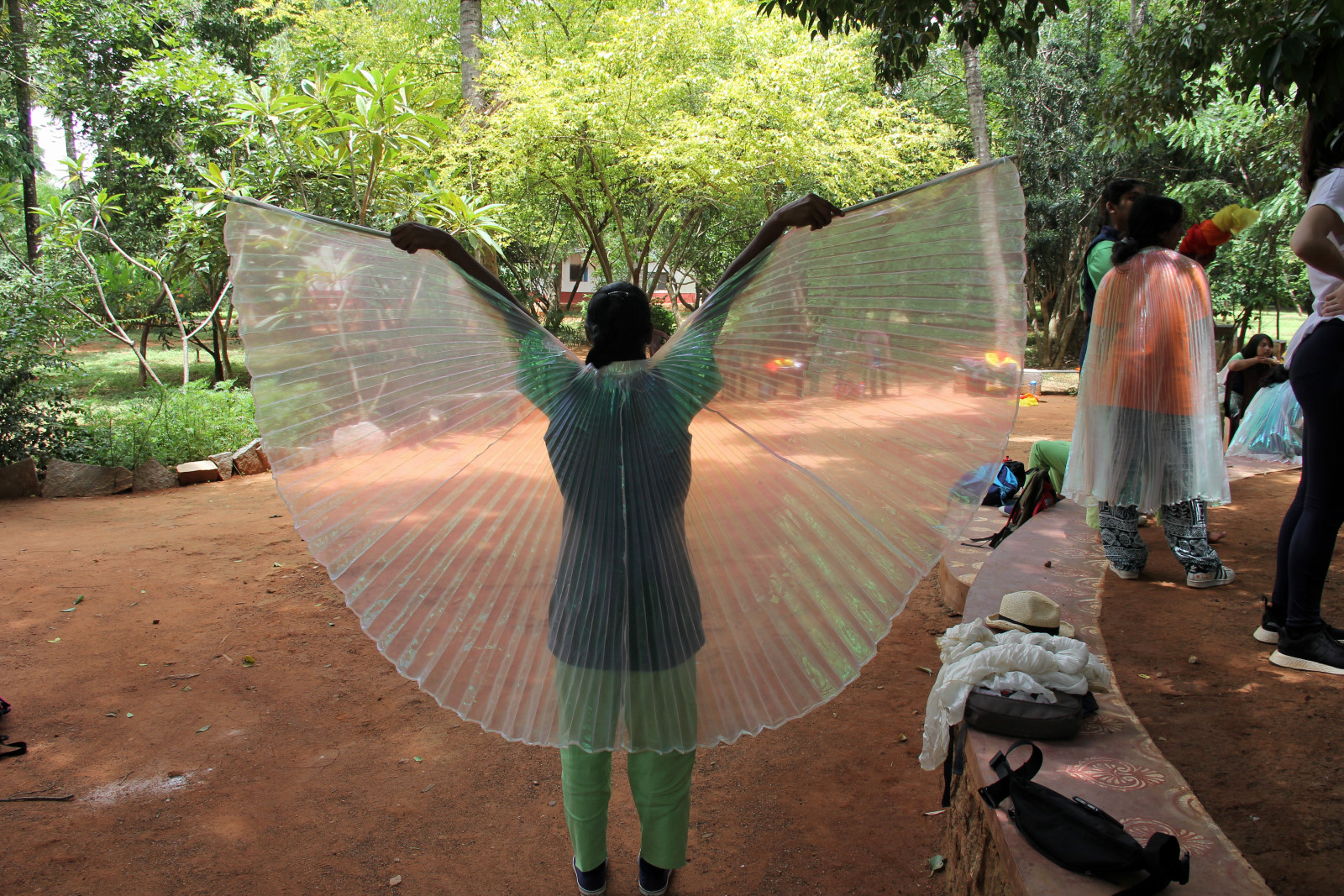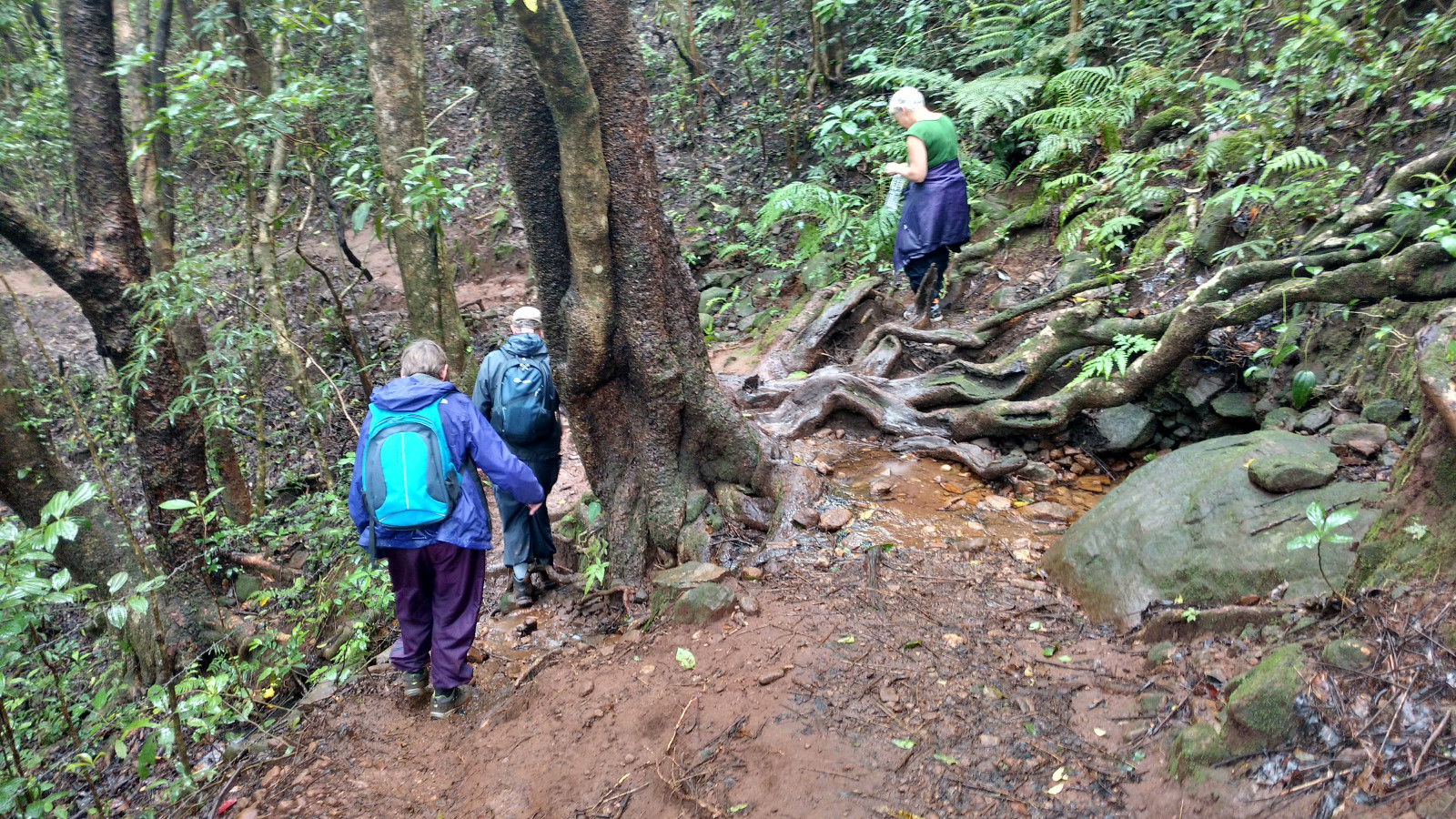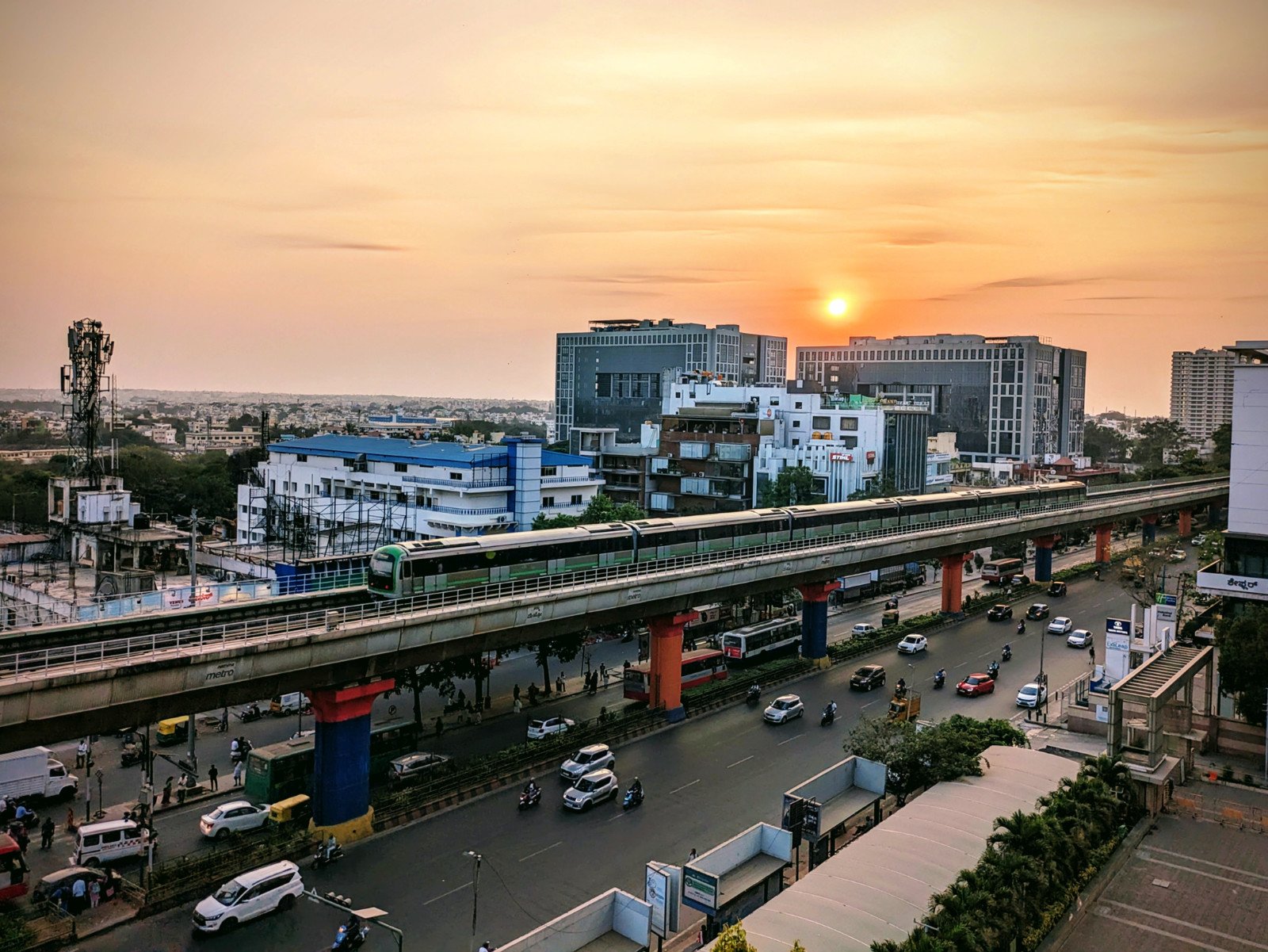SCHOOL TRIPS
Our school group programmes are curriculum-linked immersive learning experiences enabling learning about India, connecting with curriculum specifications and often working with partner schools to engage in collaborative studies.
The travel itinerary enables experiences of contextualised case studies, deepening understanding of subject specific topics.
-
We work closely with the school from booking onwards with our comprehensive preparation process. The trip is guided and supported throughout from initiation to return. We provide resource material to support the experiences and journeys, working closely with the staff and school in advance and to match curricular needs.
-
The travel itinerary focuses on contrasting case studies to enhance the learning of humanities subjects. Itineraties can include working alongside community groups or a partner school with whom they can learn and engage in collaborative programmes of educational activities. These involve creative exploration which link shared learning objectives.
The collaborative projects encourage learning together, developing joint learning activities based on a chosen common theme which is of interest equally to both communities. The themes frequently involve geographical topics about our changing environment and are often explored through the arts and have included puppetry, dance, drama, music, crafts, book making, geography fieldwork, science explorations. The possibilities are very broad! We plan these projects well in advance in coordination with leaders from both communities.
An example itinerary…
CHANGING PLACES
During this 10 day trip you will experience the changing geographic, historical and contemporary cultural contexts of three vastly contrasting South Indian Cities in Karnataka and Kerala.
The journey between these cities will take you to rivers, farmland, spice forests and to the coastal backwaters. We will visit religious sites, palaces and forts in each settlement, learning alongside partner students to develop creative collaborative projects..
-
The trip focuses on three contrasting place study localities: Bengaluru and Mysore in Karnataka and Kochi in Kerela. All three studies offer an opportunity to gather first hand data about contrasting case studies and distant changing places, with immersive participatory learning experiences which span many elements of the Geography, History and RE units of study, making crucial synoptic links and developing wider geographical thinking. Three of the days of study can be spent learning from partner students through collaborative geographical and creative arts activities.
-
We will begin by exploring the multiplicity of this vast and rapidly changing city and its supporting agricultural hinterland. We will look at rural and urban change and development, learning from partner students to share alternative perspectives, and common challenges and develop a creative arts project.
-
We will travel by bus to Mysore, past spaces of religious importance to Jains, Buddiststs and Hindus. We will study the history of the Mysore region and its impact on the creation of the city of Bengaluru. We will explore the agriculture that supports the region sustained by the river cauvery and examine the economic resources that the river feeds; silk, raw sugar cane, and rice, and reflect on issues of water security in the region.
-
We will take an overnight sleeper train to Kochi in Kerela iwhere we will examine the changing nature of what was once the largest port in South India. We will look at the resources of the spices, rivers and backwaters that enabled its growth as a trading centre and now sustain what is now a thriving tourism industry. We will look at how this locality has rebranded and renewed as a tourist destination, and travel by boat along the backwaters before returning by train to Bengaluru.
Day 1: Arrival and orientation. Arrival, orientation, welcome and introductions. Afternoon of art activities. An evening presentation on Bengaluru’s development and change.
Day 2: Rural locality study. Cycling through rural areas, visiting shrines, and exploring local markets. Meet with and learn from partner students about Historical change in Bengaluru.
Day 3: Urban settlement study. A collaborative urban transect activity exploring Bengaluru's globalization and development. Visit the old and new commercial centers.
Day 4: Craft collaboration and intro to Kerela. Collaborative craft activities learning block printing techniques and creating products, with an evening introduction to the journey ahead.
Day 5: The religions of South India. A drive towards Mysore, stopping at Jain, Hindu and Buddhist religious sites. Arrive in Mysore, visit the palace and market.
Day 6: Resources of the river Cauvery. Exploring the resources of the river Cauvery, silk, sugar cane plantationsn and rice paddy. Visit Mysore silk factory, and an introduction to Kerala's culture for the journey ahead.
Day 7: Mysore history. A boat ride in Srirangapatna and visit the summer palace and fort before transferring to the station for an overnight sleeper train to Kerala.
Day 8: Kochi’s history, harbour and fort. Exploring Kochi's harbor, Fort, Synagogue and Churches, with a possible Kathakali dance performance.
Day 9: Kerela backwaters. A days boat ride along Kerala's backwaters, examining spice trading heritage and agricultural resources before an overnight train back to Bangalore.
Day 10: Reflecting, food, mandalas and dance. Reflection sessions, dance and cultural activities to reflect and debrief.
Return flight. Transfer to airport in the early hours of the morning and return to the UK by lunchtime the same day. Journey back to school.
“I would recommend this visit to all schools wishing to develop their understanding of a different culture. What a life-changing experience it was! We all came back inspired and with a much greater understanding of the issues which affect the lives of the people in the rural and urban communities in southern India. The week was packed with a whole range of activities including: visits to schools, temples and markets; studies of village and urban life; a variety of cultural workshops in art, dance and music. The staff were extremely knowledgeable and were able to answer any questions put to them. The whole experience can be used in so many ways within the school curriculum.”

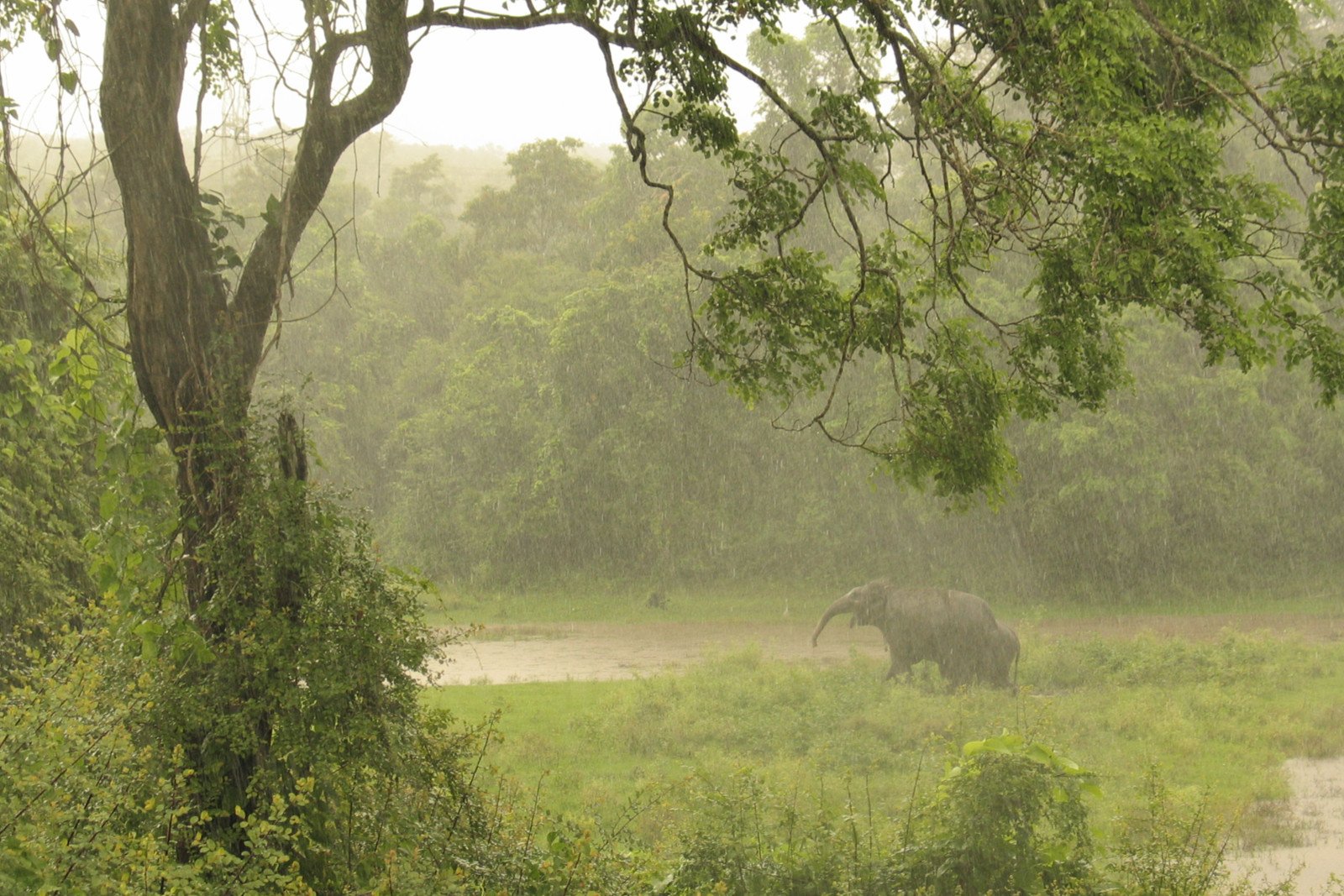

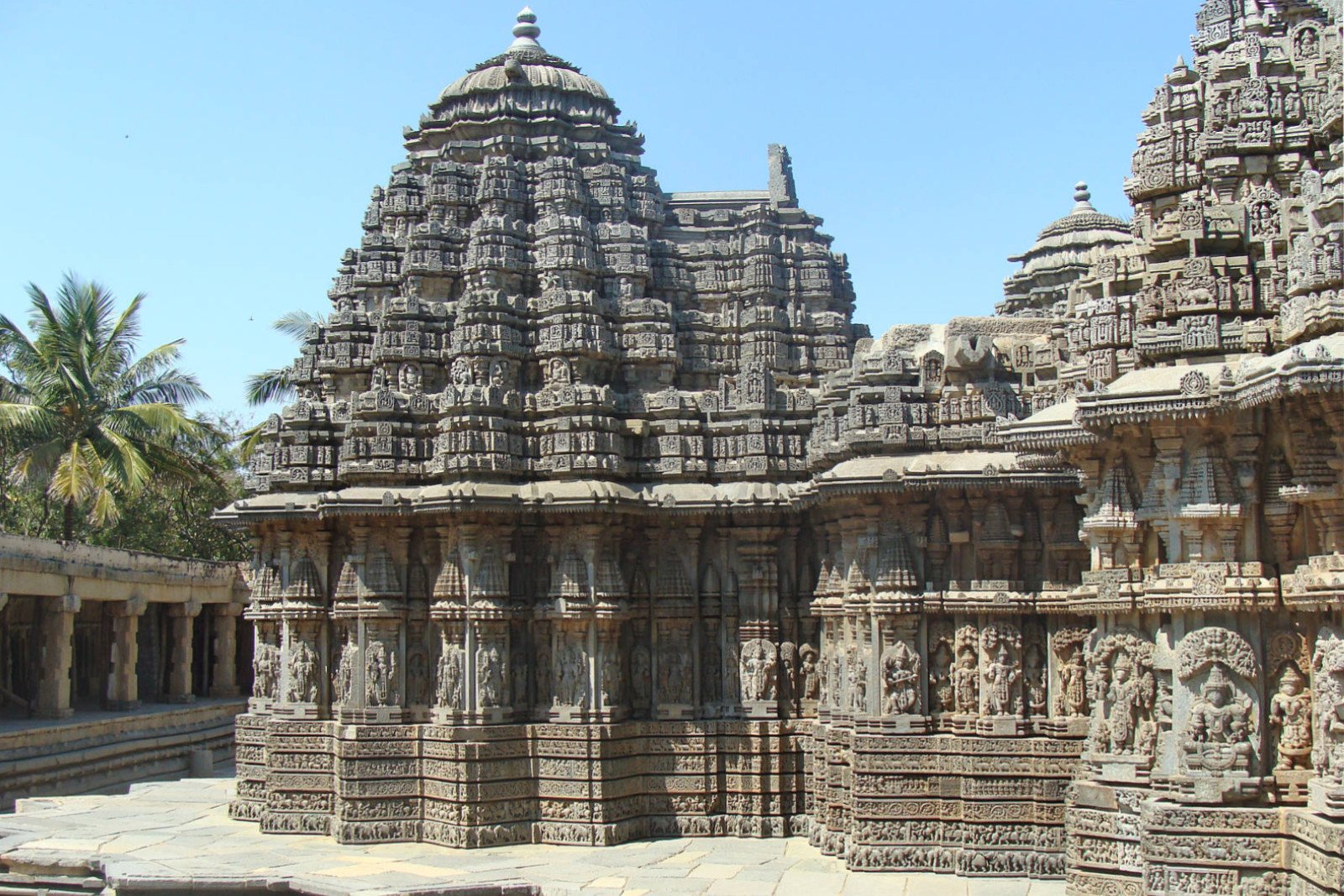



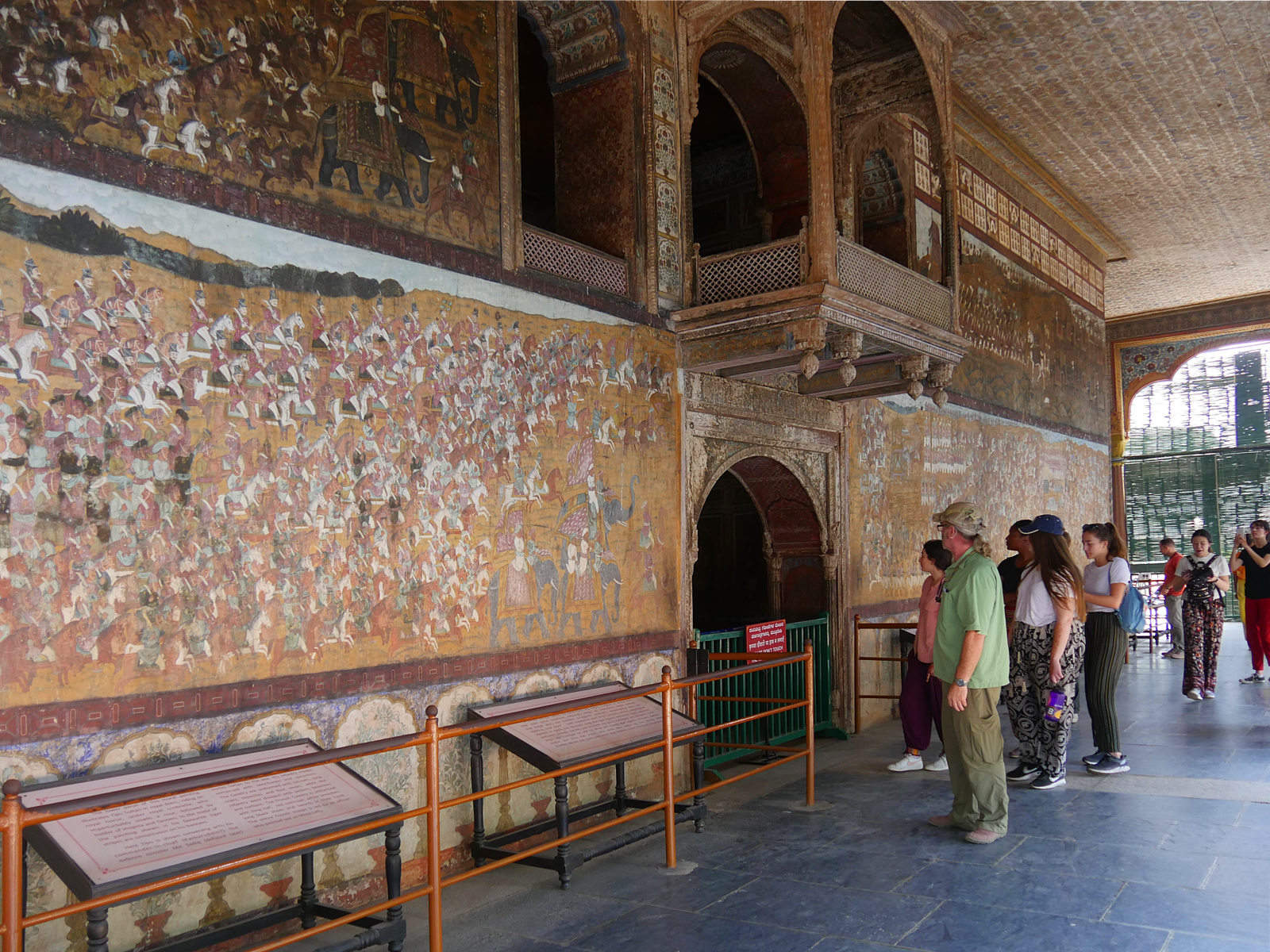




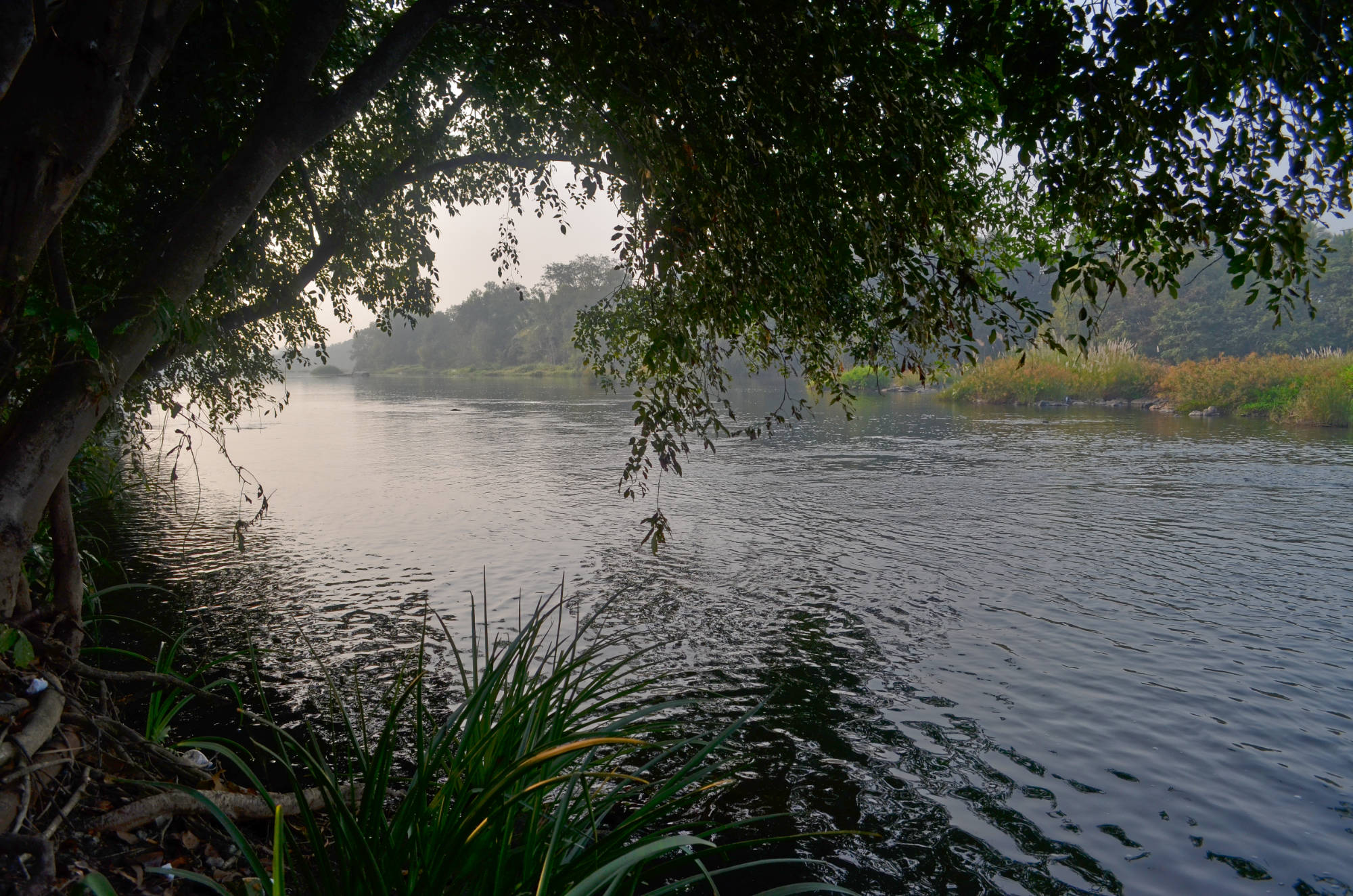




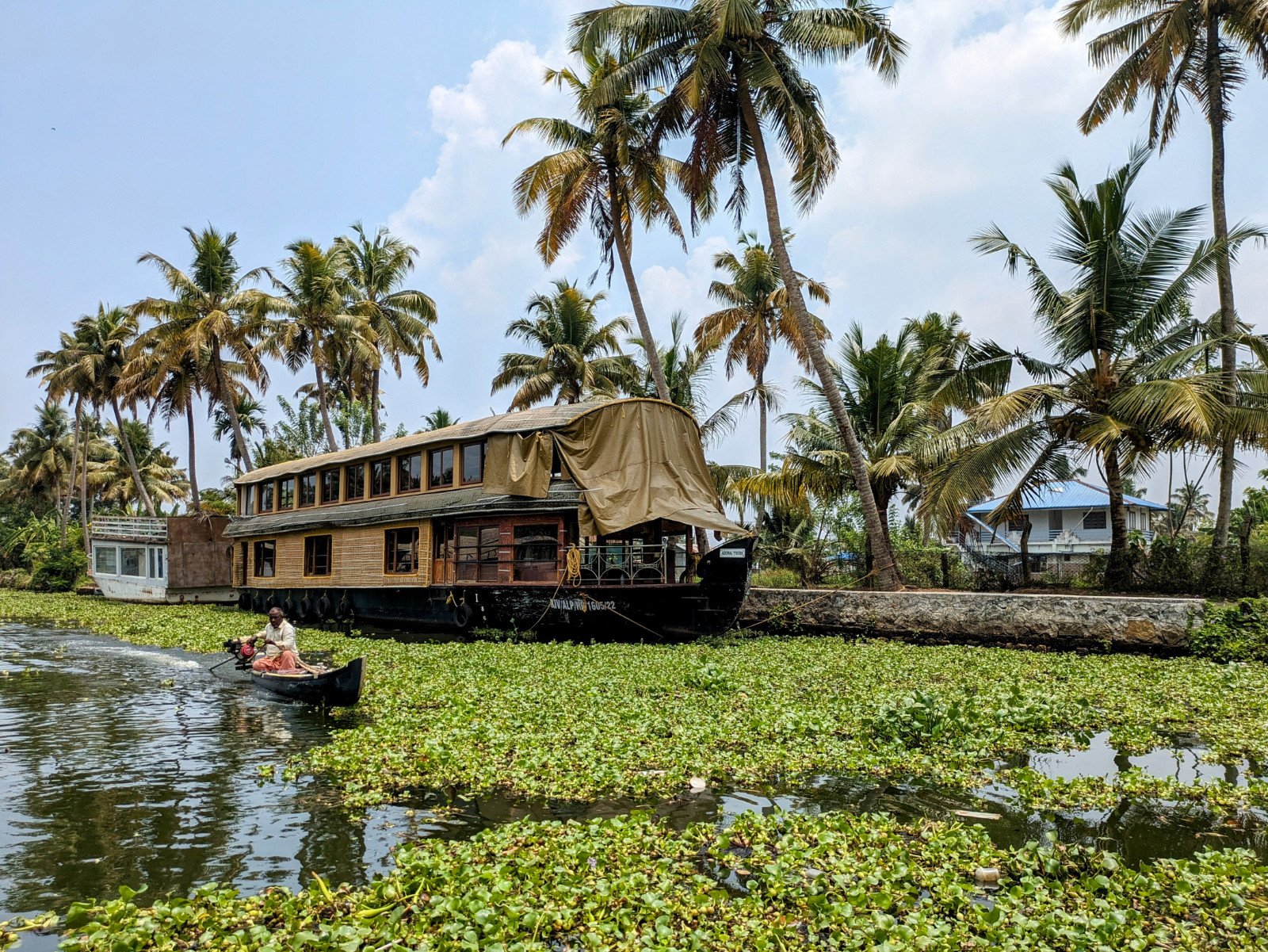
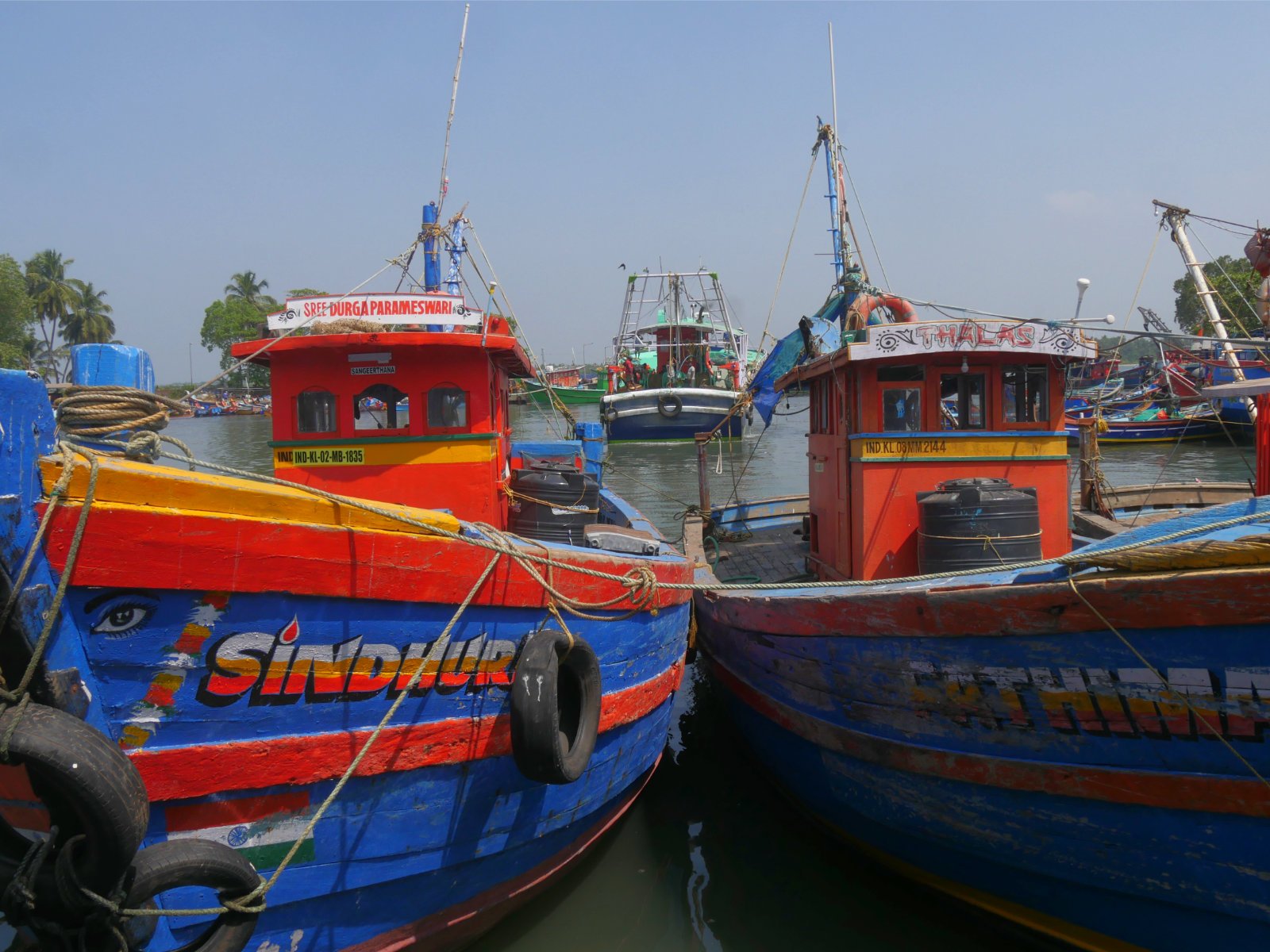
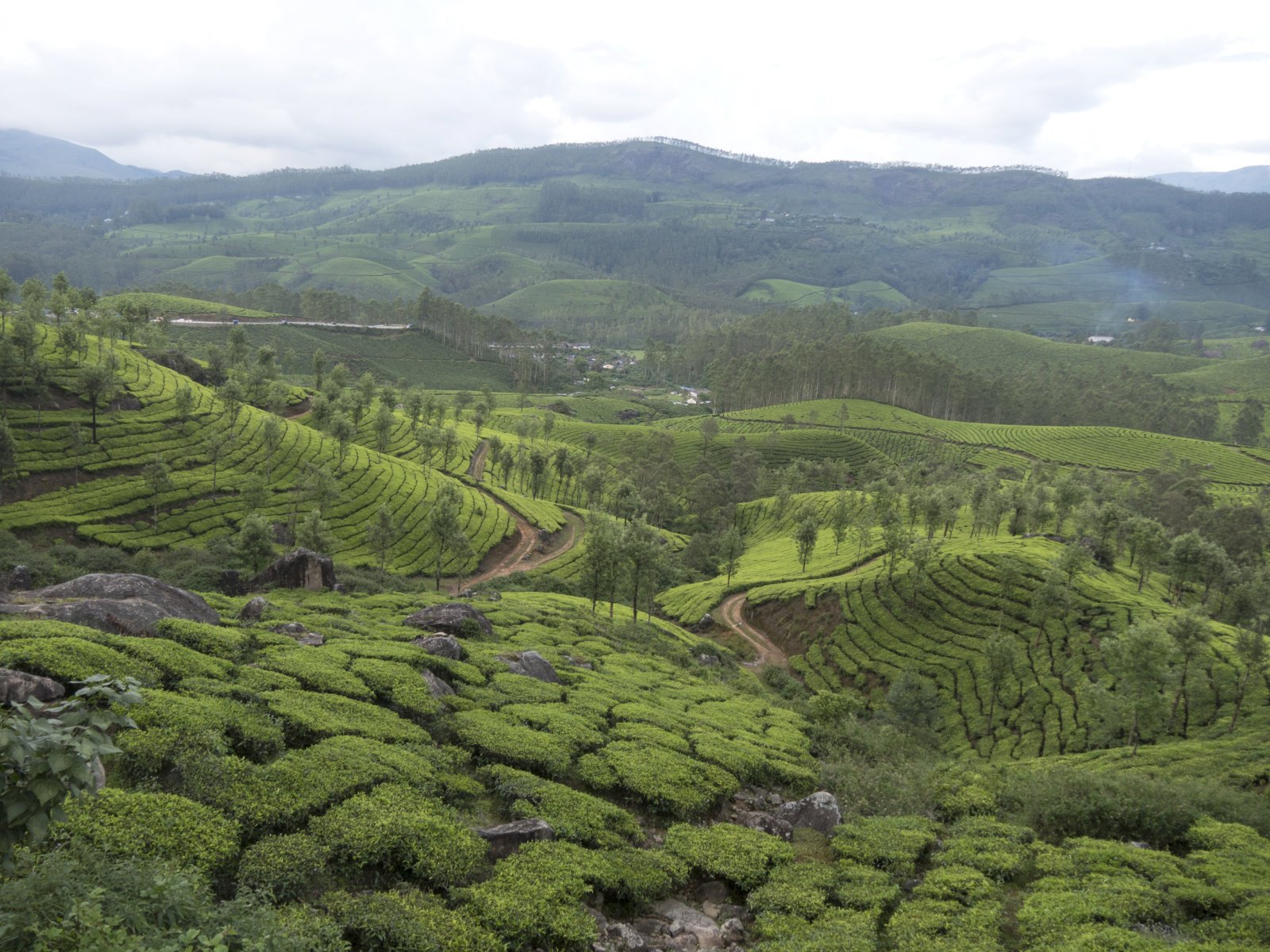
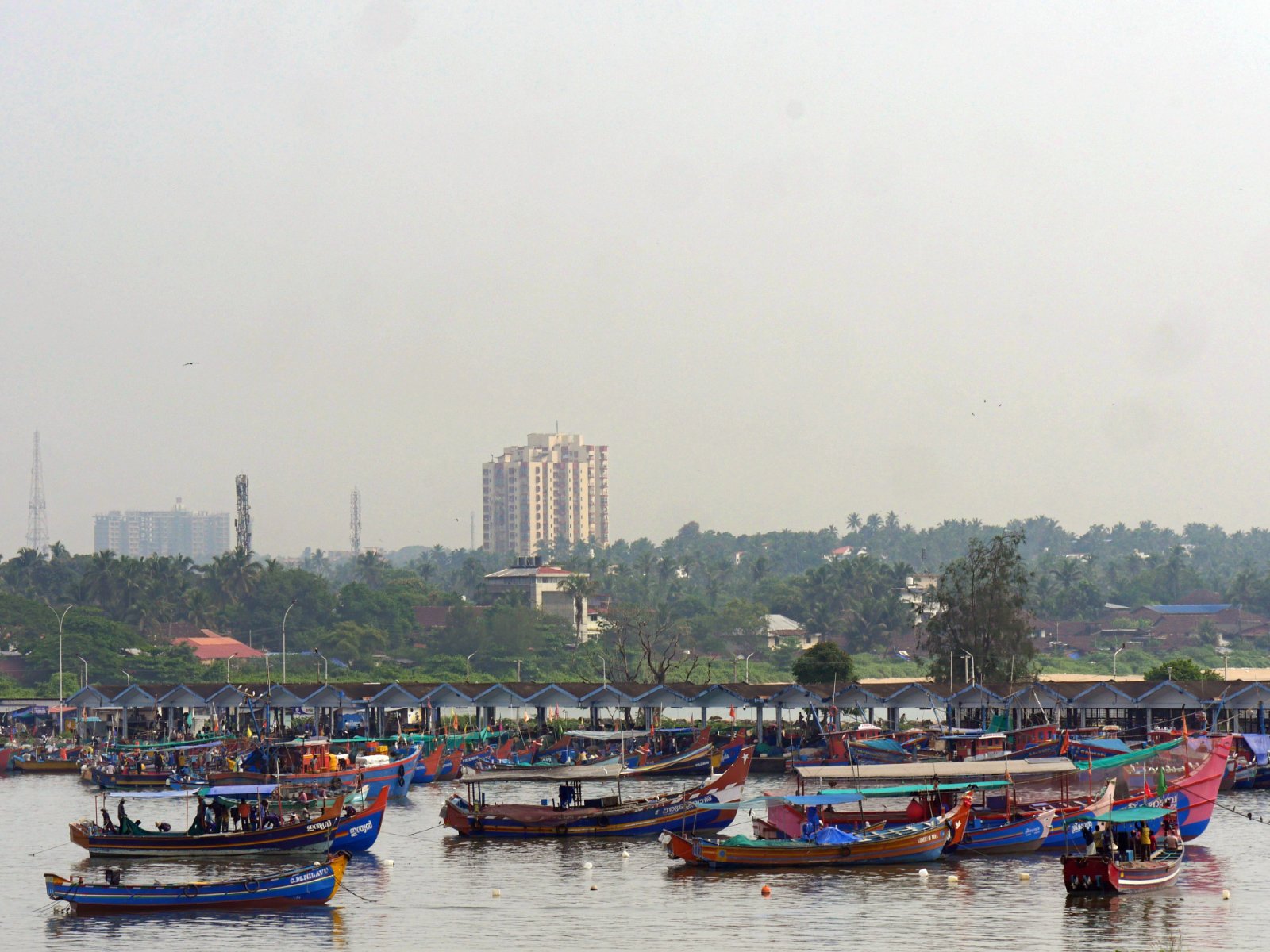
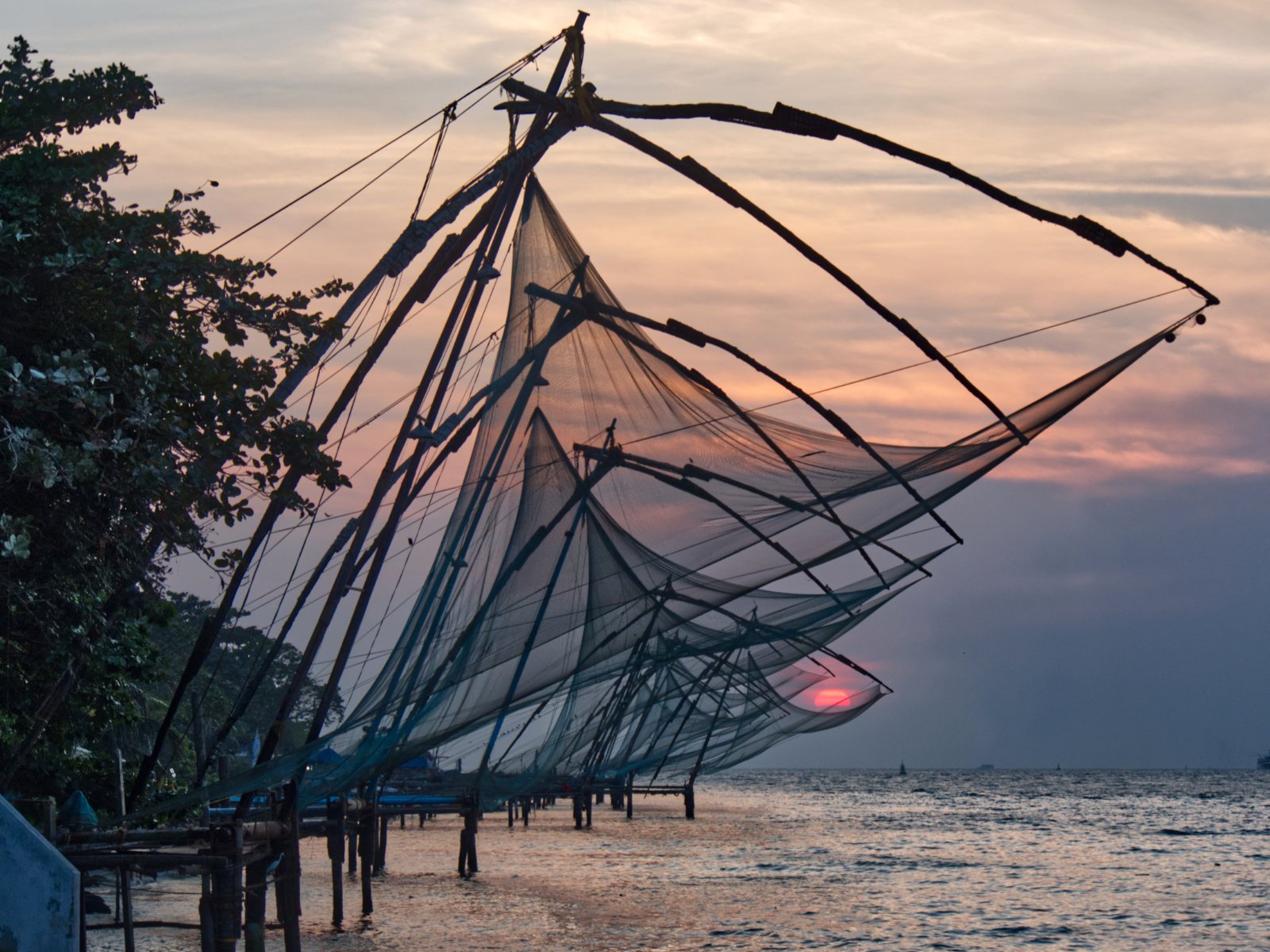



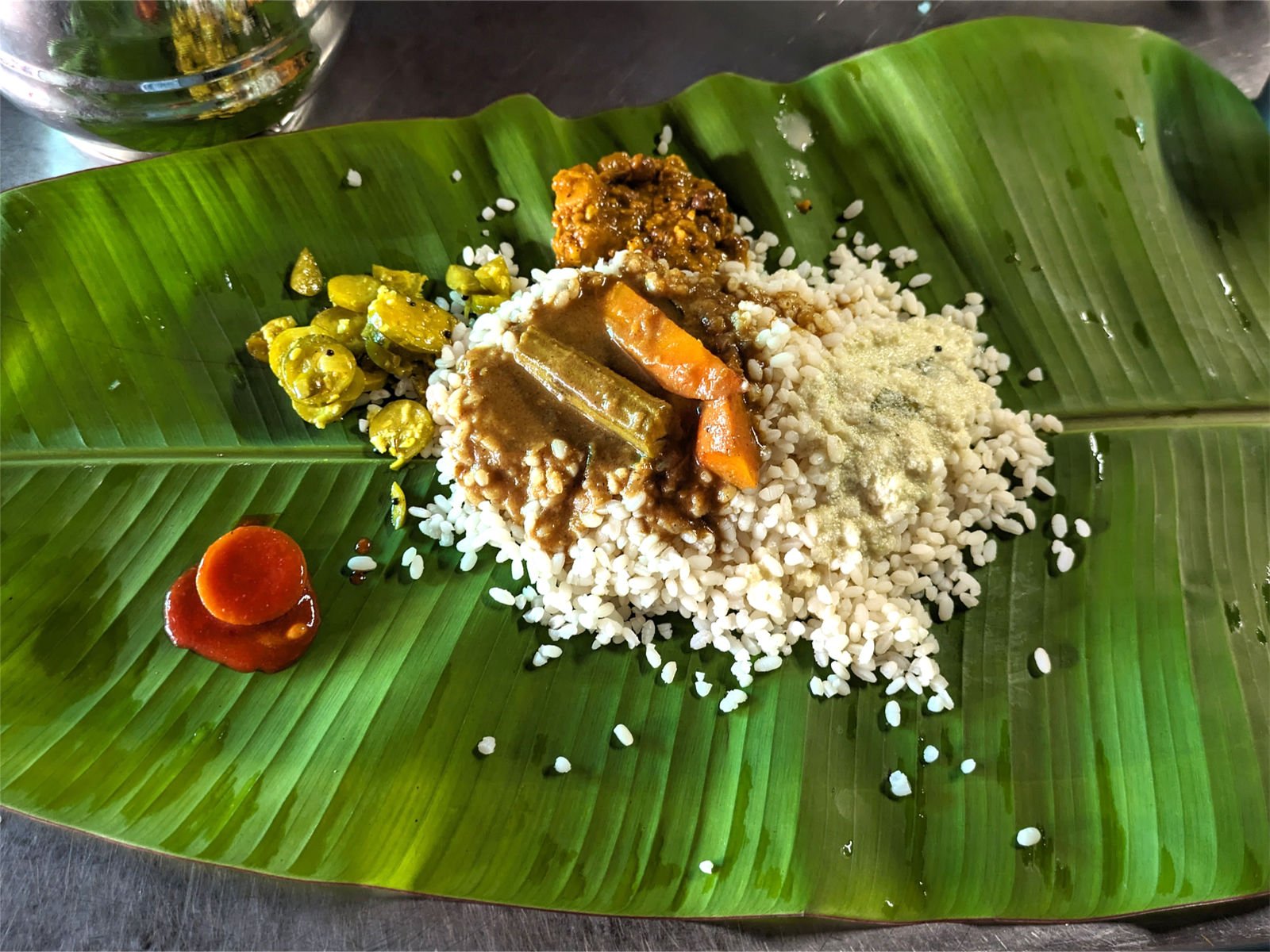
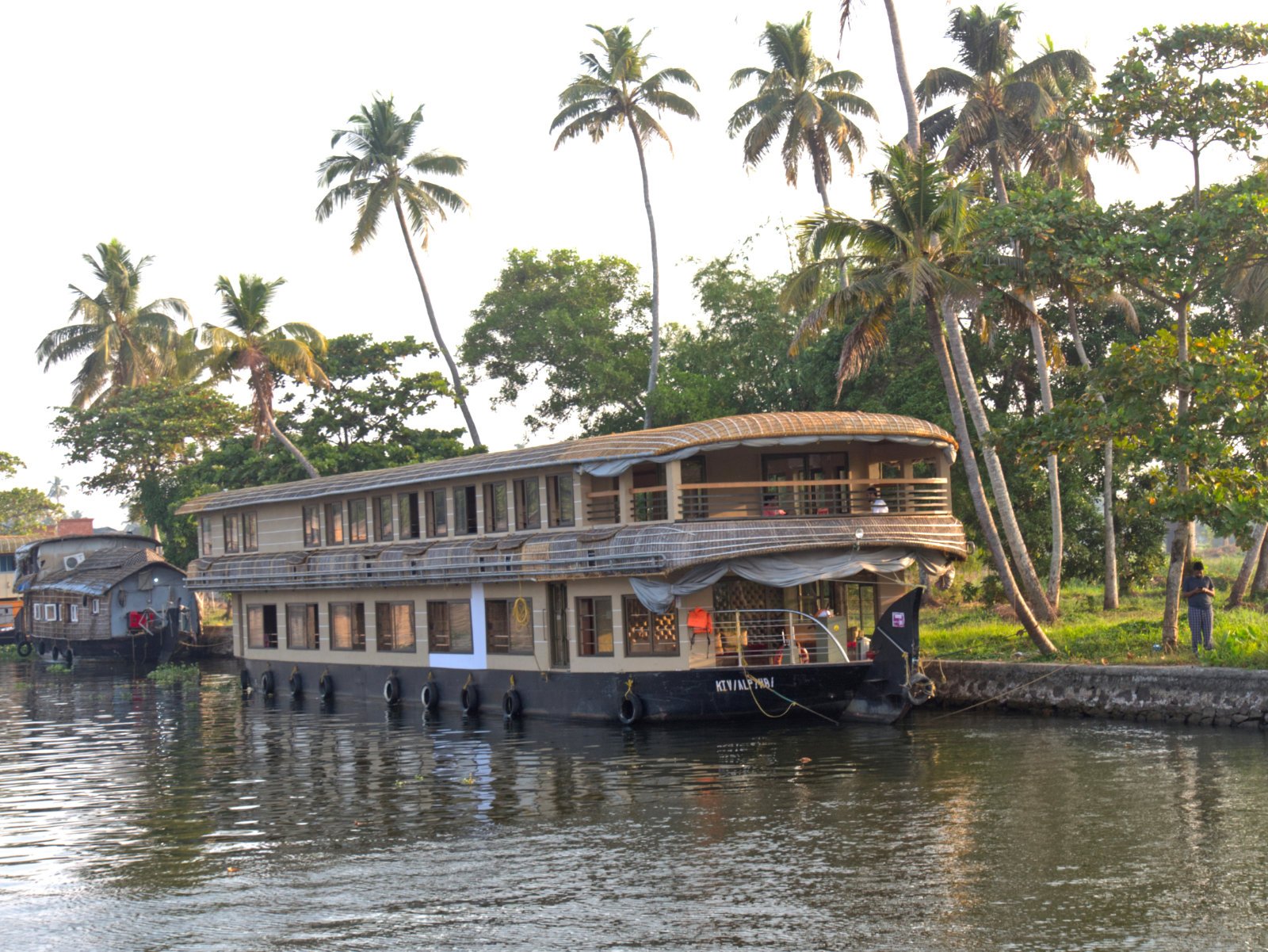
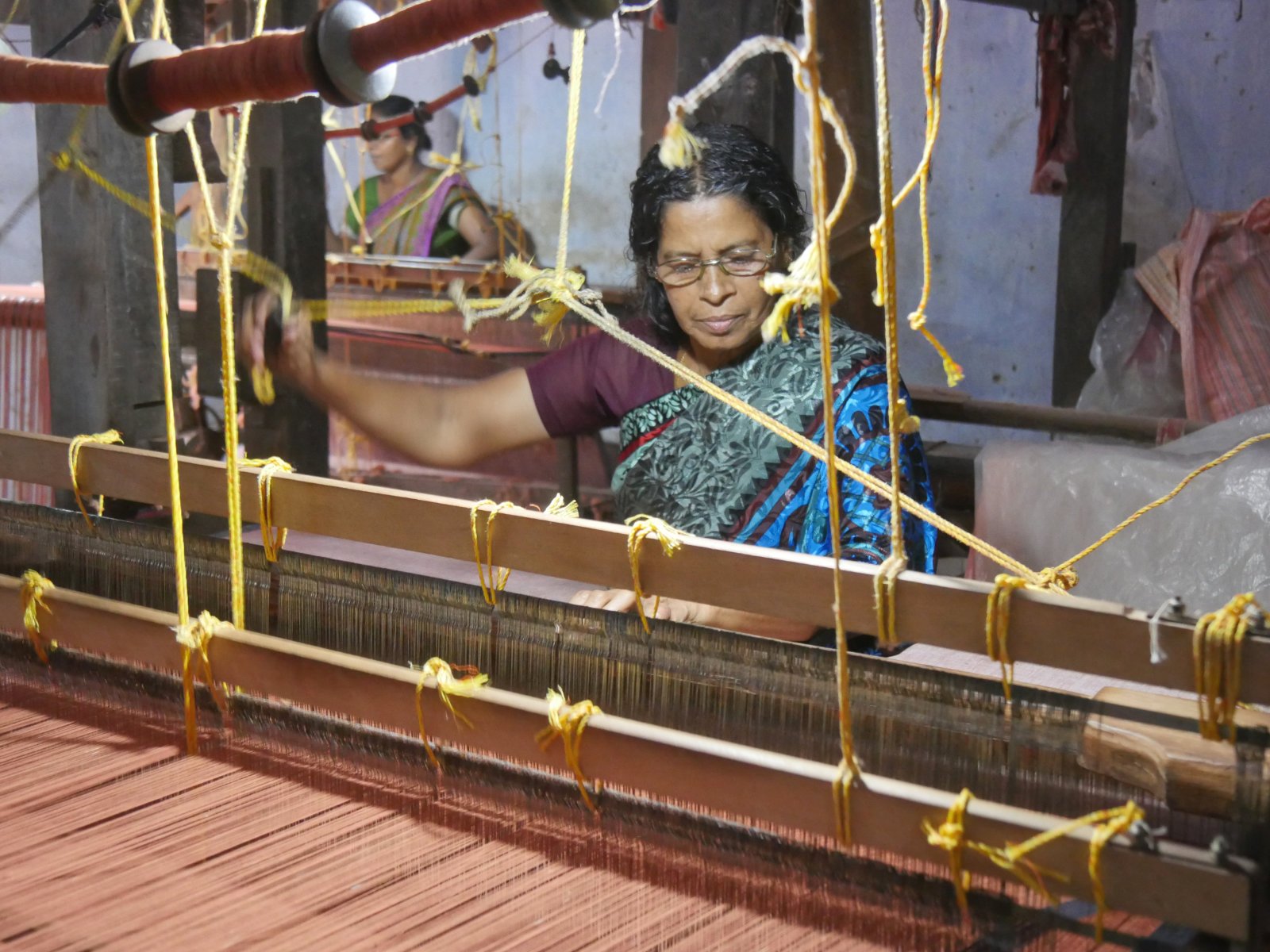
Previously on our school trips….
